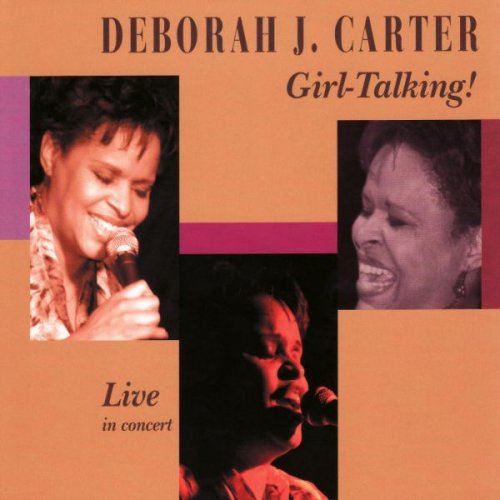Ornette Coleman - The Art of the Improvisers (1961)
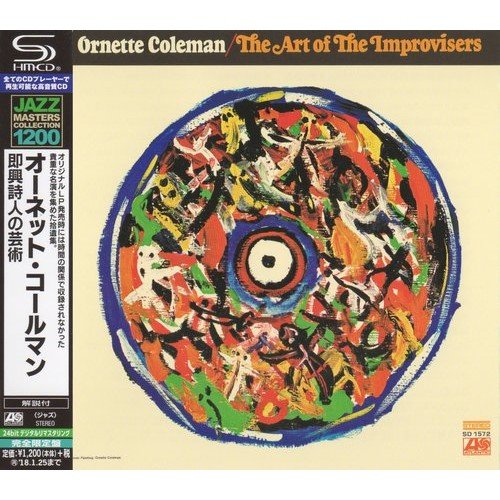
Artist: Ornette Coleman
Title: The Art of the Improvisers
Year Of Release: 2017
Label: Atlantic/WEA/Warner
Genre: Free Jazz
Quality: FLAC (tracks+.cue, log, Artwork)
Total Time: 45:18
Total Size: 287.7 MB
WebSite: Album Preview
Tracklist: Title: The Art of the Improvisers
Year Of Release: 2017
Label: Atlantic/WEA/Warner
Genre: Free Jazz
Quality: FLAC (tracks+.cue, log, Artwork)
Total Time: 45:18
Total Size: 287.7 MB
WebSite: Album Preview
01. The Circle with a Hole in the Middle (4:54)
02. Just for You (3:53)
03. The Fifth of Beethoven (6:38)
04. The Alchemy of Scott LaFaro (9:51)
05. Moon Inhabitants (4:33)
06. The Legend of Bebop (7:18)
07. Harlem's Manhattan (8:11)
Like many of Ornette Coleman's Atlantic sides, The Art of the Improvisers was recorded in numerous sessions from 1959-1961 and assembled for the purpose of creating a cohesive recorded statement. Its opening track, "The Circle with the Hole in the Middle," from 1959, with the classic quartet of Don Cherry, Ed Blackwell, and Charlie Haden, is one of Coleman's recognizable pieces of music. Essentially, the band is that quartet with two very notable exceptions: The last tracks on each side feature a different bass player. On the end of side one, the great Scott LaFaro weighs in on "The Alchemy of Scott La Faro," and Jimmy Garrison weighs in on "Harlem's Manhattan" to close the album out. These last two sessions were recorded early in 1961, in January and March respectively. As an album, The Art of the Improvisers is usually undervalued when placed next to This Is Our Music or The Shape of Jazz to Come. This is a mistake in that some of Coleman's most deeply lyrical harmonic structures reside here in tracks such as "Just for You," with literally stunning intervallic interplay between him and Cherry from the middle to the end. The track also messes with standard blues form and comes up in a modal way without seemingly intending to. The set roars into "The Fifth of Beethoven," which collapses a series of flatted fifths around Haden and Cherry, and Coleman goes on a Texas blues spree in his solo, dancing all around them. "The Alchemy of Scott La Faro" must have pissed off the hard boppers like nothing else. Here is a straining sprint that the quartet takes in stride as LaFaro and Blackwell charge around the edges in frightening time signatures. Coleman and Cherry for the most part clamor around a B flat-C sharp major figure and run circles around each other in muscular fashion as LaFaro goes pizzicato to head with Coleman in the middle, turning the saxophonist's phrases into rhythmic structures which Blackwell accents as if cued. But he's not; this is invented on the spot. Coleman's deep lyricism shines through despite the tempo, and the entire thing goes out in a blaze of light. "The Legend of Bebop" is a jazz history lesson with the band working out on the front line, quoting from Sidney Bechet and Louis Armstrong, moving through some Ellingtonian themes, and slipping around the corner to a slow, blued-out bebop before taking off in consonant solos and counterpoint. "Harlem's Manhattan," with Garrison in Haden's bass chair, begins with a quote right from Parker and Gillespie before challenging the framework of the blues and its tempos. Blackwell is a blur of the dance, his cymbal work against Garrison's punctuated accents make Coleman's and Cherry's jobs knotty and difficult, but always rooted in the melody that blues inspires. This is basically one of Coleman's most uptempo records for Atlantic, but also one of his most soulful. It deserves serious re-evaluation.
![Chris Forsyth's WHAT IS NOW - Both / And (2026) [Hi-Res] Chris Forsyth's WHAT IS NOW - Both / And (2026) [Hi-Res]](https://www.dibpic.com/uploads/posts/2026-02/1771839412_cover.jpg)
![Gonzalo Mazzutti - Lo que nos une (2026) [Hi-Res] Gonzalo Mazzutti - Lo que nos une (2026) [Hi-Res]](https://www.dibpic.com/uploads/posts/2026-02/1771563491_cover.jpg)
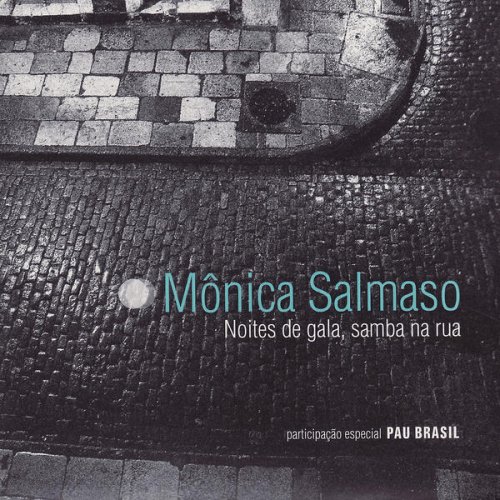
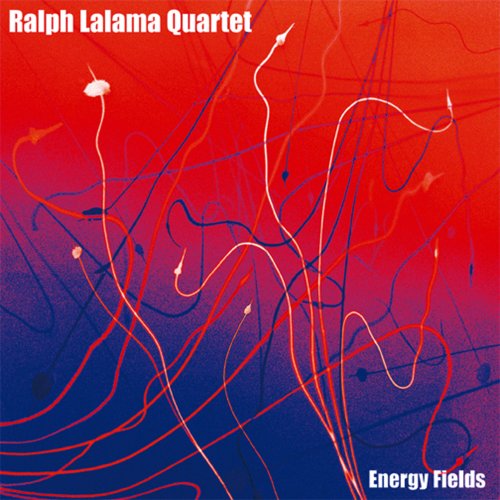
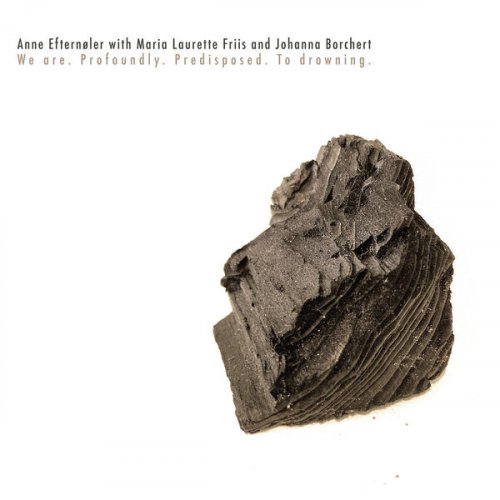
![Karsten Vogel - Late Night Ballads (2026) [Hi-Res] Karsten Vogel - Late Night Ballads (2026) [Hi-Res]](https://www.dibpic.com/uploads/posts/2026-02/1771430081_n5uklrl79ymhl_600.jpg)
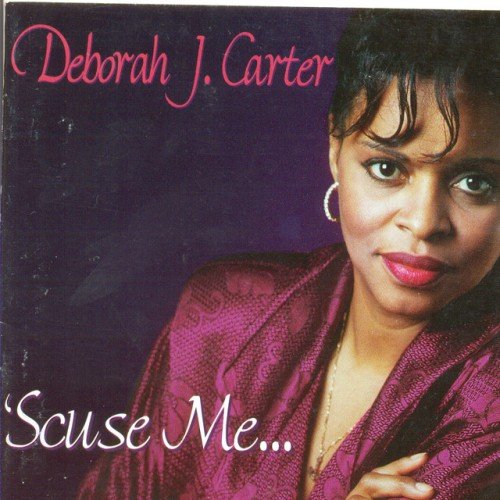
![Ex Novo Ensemble - OSVALDO COLUCCINO: Emblema (2018) [Hi-Res] Ex Novo Ensemble - OSVALDO COLUCCINO: Emblema (2018) [Hi-Res]](https://img.israbox.com/img/2026-02/22/ot6pocjri3hisq06iz4768yl5.jpg)
